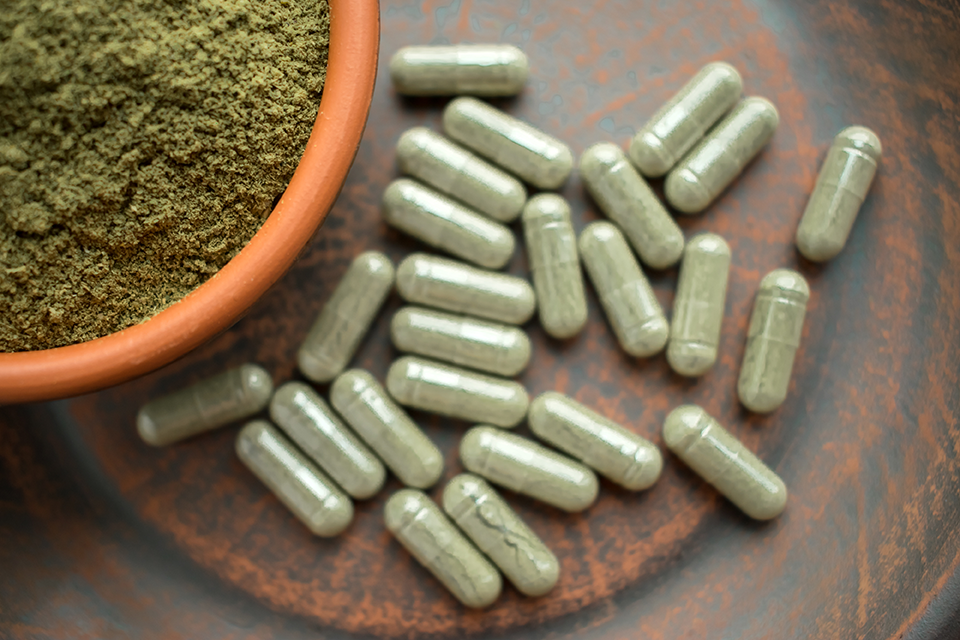Colorado’s kratom industry is facing increased scrutiny as the state government proposes comprehensive regulations that could have significant implications for retailers and consumers. These proposed rules have sparked a debate about the safety and effectiveness of kratom, a herbal supplement that has been surrounded by controversy. Furthermore, recent news of deaths involving kratom in Reno County has added urgency to the discussion. In this article, we will delve into the evolving kratom laws in Colorado, the concerns surrounding the supplement, and the need to strike a balance between regulation and access.
Colorado’s Proposed Regulations: The End of the Wild West
The Polis administration in Colorado has put forth a robust set of rules for the kratom industry that would require strict manufacturing, testing, and labeling standards. The proposed regulations would also ban the sale of vaporizers, concentrates, certain gummy edibles, and food additives. It is worth noting that the existing prohibition on sales to individuals under the age of 21 would remain in effect.
Safety and Effectiveness Concerns
Kratom has recently faced renewed scrutiny regarding its safety and effectiveness, with the Food and Drug Administration (FDA) issuing warnings against its use due to concerns of abuse and addiction. The FDA discourages the consumption of kratom, formally known as Mitragyna speciosa.
On the other side of the debate, kratom advocates contest the FDA’s stance and point to various studies that highlight its potential as an alternative to opioids for pain relief. When consumed in small doses, kratom can boost energy and mood, similar to coffee.
The American Kratom Association, which advocates for consumers, acknowledges the need for improved labeling requirements but argues that the proposed rules in Colorado would be excessively burdensome. The association’s Mac Haddow asserts that the fees associated with regulation would pose a financial barrier for retailers, potentially limiting consumer access to kratom. Haddow argues that applying regulations similar to those imposed on marijuana is unnecessary since kratom is not a scheduled product and does not require the same level of oversight.
The State of Kratom Laws in Colorado
While Colorado grapples with the proposed regulations, it is important to note that at least nine other states have implemented regulations on kratom, and six have banned it entirely. Additionally, seven states have implemented local bans. Within Colorado itself, the sale of kratom is explicitly prohibited in Parker and Monument. In Denver, labels with consumer advisory warnings are required for kratom products, and Castle Rock recently established an age restriction of 21 for purchasing kratom.
Governor Jared Polis, a long-time supporter of kratom, finds himself in the middle of this dispute. During his gubernatorial campaign, he pledged to protect access to legal alternatives for pain management, including kratom and medical marijuana. Recently, the kratom association met with Governor Polis to lobby for a revision of the proposed regulations. In response, Polis spokesperson Conor Cahill stated that the governor is committed to finding a workable solution that ensures consumer access while addressing concerns.
The kratom industry in Colorado is undergoing significant changes as the state government seeks to regulate the manufacturing, testing, and labeling of kratom products. The proposed regulations have ignited a debate regarding the supplement’s safety and effectiveness. While concerns raised by the FDA cannot be dismissed, kratom advocates emphasize its potential benefits as an alternative pain management option. Striking a balance between regulation and access will be crucial in ensuring consumer safety while preserving the availability of kratom for those who rely on it.
GMP (Good Manufacturing Practice) certification is a crucial quality assurance system that ensures products are consistently produced and controlled according to established quality standards. GMP certification verifies that a manufacturer follows stringent guidelines for the manufacturing, testing, and packaging of their products. When it comes to kratom, consumers are encouraged to seek out GMP Certified manufacturers to ensure product safety and quality.
Super Speciosa is a notable example of a GMP Certified kratom provider. As a company dedicated to transparency and consumer trust, Super Speciosa has undergone rigorous inspections and audits to achieve GMP certification. This certification validates their commitment to adhering to high manufacturing standards, including proper sourcing, testing for contaminants, accurate labeling, and quality control measures.
By choosing a GMP Certified kratom provider like Super Speciosa, consumers can have confidence in the safety and quality of the products they purchase. GMP certification ensures that the kratom they offer has been produced under strict guidelines, providing peace of mind for those seeking a reliable and trustworthy source for their kratom needs.
